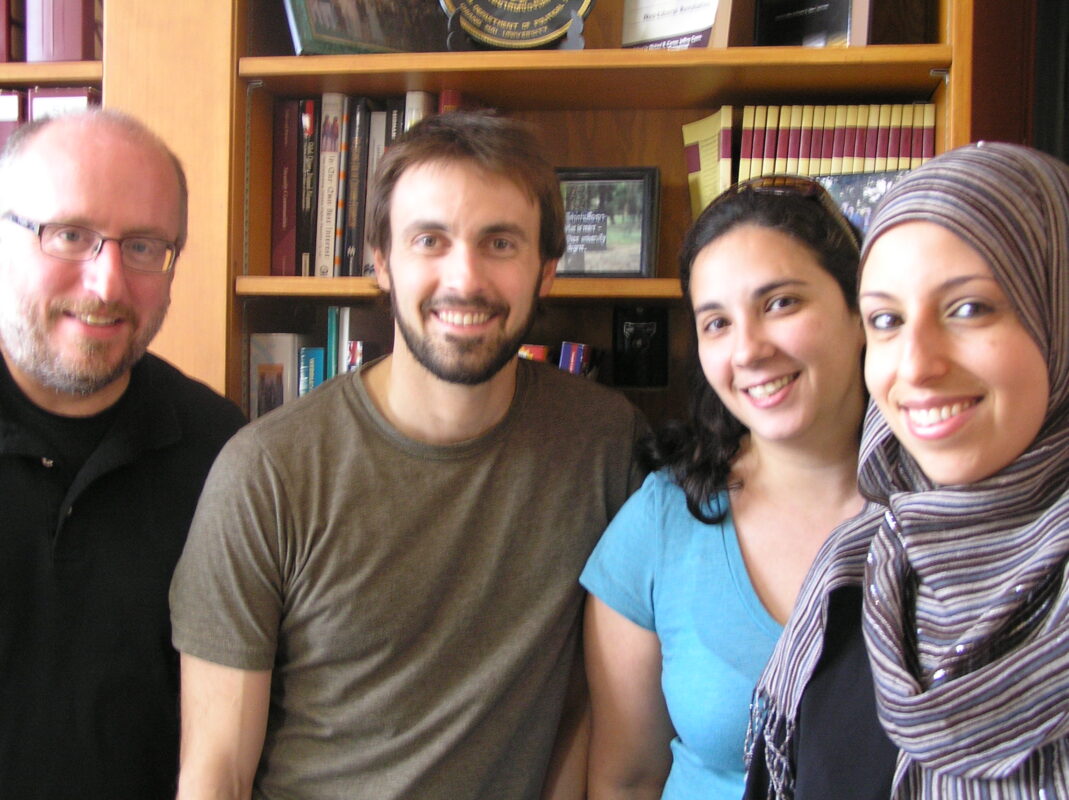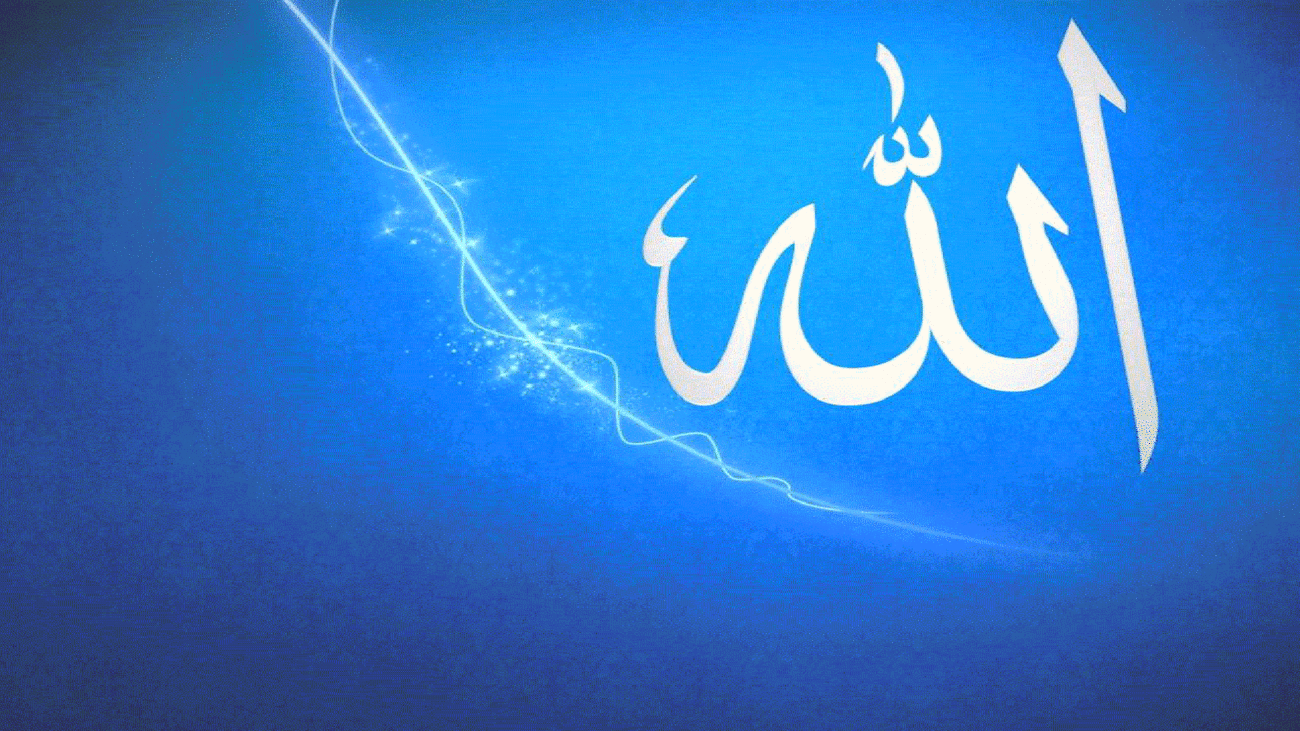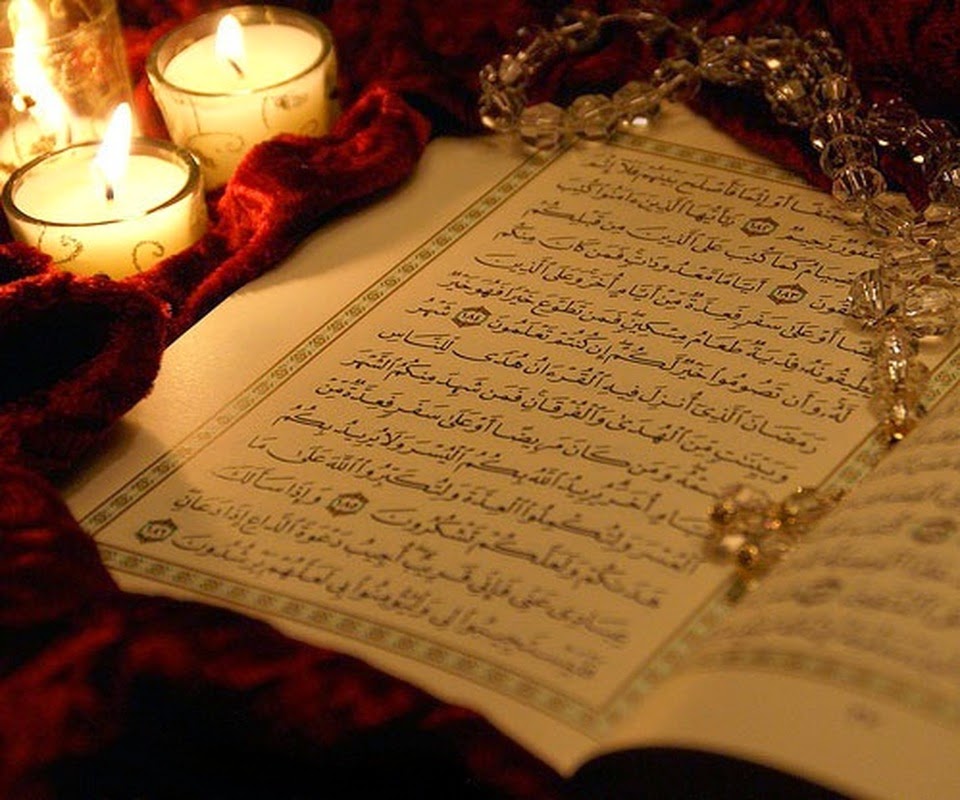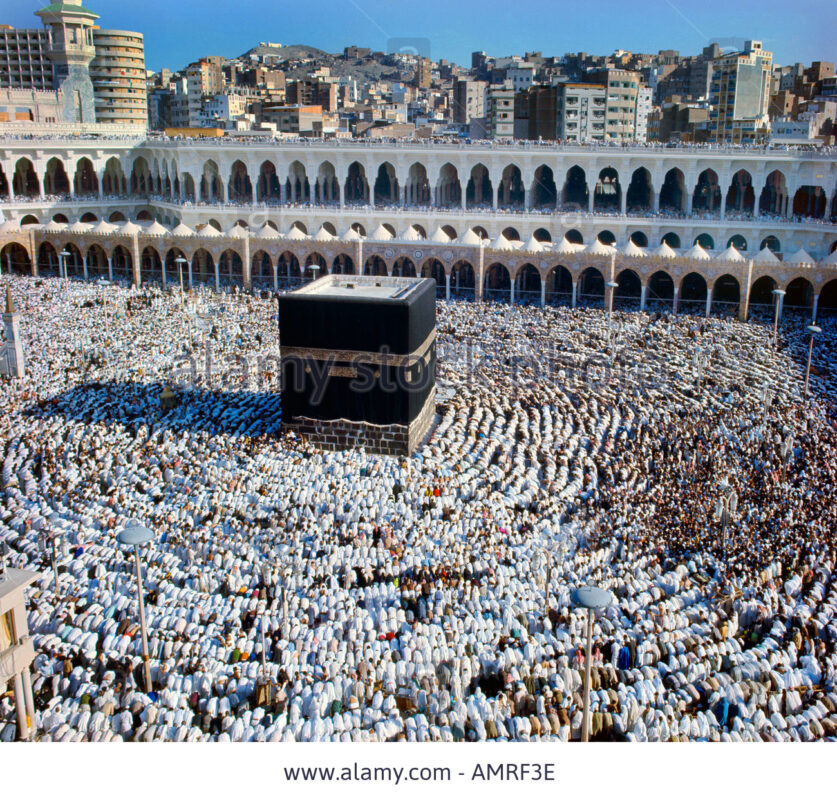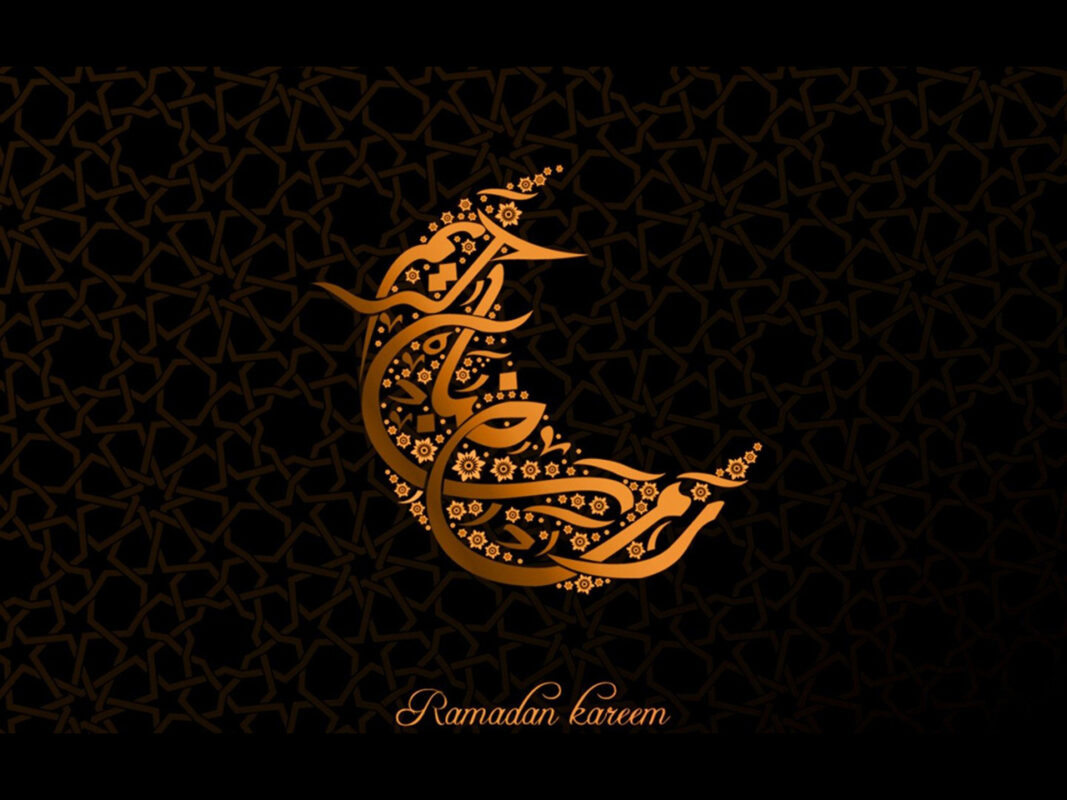What is intercession (shafaa’ah). Are there different kinds of intercession? Will people intercede or only the Prophets? Are there any people whose intercession will not be accepted?.
Praise be to Allaah.
When the distress becomes too great for the people on the Day of Judgement and they have stood for too long, suffering in the heat and terror and distress, the Prophet (peace and blessings of Allaah be upon him) says, “How will you be when Allaah gathers you together like arrows in a quiver, for fifty thousand years, during which Allaah will not look at you?”
(al-Silsilah al-Saheehah, 2817).
The people will look to those who are of high status to intercede for them with their Lord so that He might relieve them of this distress that they are suffering and come to pass judgement amongst them. So they will come to Adam, but he will excuse himself; then they will come to Nooh, but he will excuse himself; then they will come to Ibraaheem, but he will excuse himself; then they will come to Moosa, but he will excuse himself; then they will come to ‘Eesa, but he will excuse himself. Then they will come to our Prophet (peace and blessings of Allaah be upon him) and he will say, “I am fit for that.” So he will intercede for the people in the place of gathering, so that judgement may be passed. This is the station of praise and glory which Allaah has promised to him, as He says (interpretation of the meaning):
“It may be that your Lord will raise you to Maqaam Mahmood (a station of praise and glory, i.e., the honour of intercession on the Day of Resurrection)”
[al-Isra’ 17:79]
There follows the lengthy hadeeth about intercession:
(Narrated by al-Bukhaari, 4712)
This is the great intercession in the place of standing, and it is intercession so that judgement may be passed. Intercession on the Day of Resurrection is of two types:
1 – Intercession which will be accepted. This is intercession which is proven in the texts of sharee’ah. More details will be given below.
2 – Intercession which will be rejected. This is intercession which according to the texts of the Qur’aan and Sunnah is invalid and ineffective, as we shall see below.
Accepted intercession is of various types:
1- The greatest intercession, which is al-maqaam al-mahmood, which the earlier and later generations will ask the Prophet (peace and blessings of Allaah be upon him) to intercede for them with their Lord so that He might relieve them of the horrors of the Day of Judgement. This has been explained above.
2- Intercession for those among the monotheists who committed major sins and entered Hell, that they may be brought forth from it. It was narrated that Anas said: The Messenger of Allaah (peace and blessings of Allaah be upon him) said: “My intercession will be for those among my ummah who committed major sins.” (Saheeh Sunan al-Tirmidhi, 1983).
3- The intercession of the Messenger for people whose good deeds and bad deeds are equal, that they may enter Paradise, and for others who had been ordered to Hell, that they may not enter it.
4- Intercession that some people may enter Paradise without being brought to account.
5- Intercession of the Prophet (peace and blessings of Allaah be upon him) for his paternal uncle Abu Taalib, so that the torment of the Fire be reduced for him. This applies only in the case of the Prophet (peace and blessings of Allaah be upon him) and his paternal uncle Abu Taalib.
6- The intercession of the Prophet (peace and blessings of Allaah be upon him) that the believers might be granted permission to enter Paradise.
Intercession for those who committed sin will not be granted only to the Prophet (peace and blessings of Allaah be upon him), rather the Prophets, the martyrs, the scholars, the righteous and the angels will also join in that. A man’s righteous deeds may also intercede for him. But the Prophet (peace and blessings of Allaah be upon him) will have the greatest share of intercession.
‘Surely, Allaah wrongs not even of the weight of an atom (or a small ant), but if there is any good (done), He doubles it, and gives from Him a great reward’
[al-Nisa’ 4:40].”
[The Prophet (peace and blessings of Allaah be upon him) said:] “So the Prophets, the angels and the believers will intercede, and the Compeller (Allaah) will say, ‘There remains My intercession.’ Then He will take a handful from the Fire and bring forth some people whose bodies have been burnt and throw them into a river at the entrance to Paradise that is called the Water of Life.
(Narrated by al-Bukhaari, 7440)
Intercession of the Day of Resurrection will only be granted if three conditions are met, as indicated in the verses (interpretation of the meaning):
“And there are many angels in the heavens, whose intercession will avail nothing except after Allaah has given leave for whom He wills and is pleased with”
[al-Najm 53:26]
“On that day no intercession shall avail, except the one for whom the Most Gracious (Allaah) has given permission and whose word is acceptable to Him”
[Ta-Ha 20:109]
“He knows what is before them, and what is behind them, and they cannot intercede except for him with whom He is pleased. And they stand in awe for fear of Him”
[al-Anbiya’ 21:28]
“Who is he that can intercede with Him except with His Permission?”
[al-Baqarah 2:255]
These conditions are:
1- The permission of Allaah to the intercessor to intercede.
2- Allaah’s being pleased with the intercessor.
3- His being pleased with the one for whom intercession is made.
It was narrated from the Prophet (peace and blessings of Allaah be upon him) that the intercession of some people will not be accepted on the Day of Resurrection, including those who cursed a great deal. Muslim narrated that Abu’l-Darda’ said: “I heard the Messenger of Allaah (peace and blessings of Allaah be upon him) say, ‘Those who curse will not be witnesses or intercessors on the Day of Resurrection.”
With regard to the kind of intercession that will be rejected, this is intercession that does not meet the conditions required of permission from Allaah or His being pleased (with the intercessor or the one for whom intercession is made), such as the intercession which the people of shirk believe that their gods will achieve. They only worship them because they believe that they will intercede for them with Allaah, and that they are mediators or intermediaries between them and Allaah. Allaah says (interpretation of the meaning):
“Surely, the religion (i.e. the worship and the obedience) is for Allaah only. And those who take Awliyaa’ (protectors, helpers, lords, gods) besides Him (say): ‘We worship them only that they may bring us near to Allaah.’ Verily, Allaah will judge between them concerning that wherein they differ. Truly, Allaah guides not him who is a liar, and a disbeliever”
[al-Zumar 39:9]
Allaah tells us that this kind of intercession is ineffective and of no benefit, as He says (interpretation of the meaning):
“So no intercession of intercessors will be of any use to them”
[al-Muddaththir 74:48]
“And fear a Day (of Judgement) when a person shall not avail another, nor will intercession be accepted from him nor will compensation be taken from him nor will they be helped”
[al-Baqarah 2:48]
“And fear the Day (of Judgement) when no person shall avail another, nor shall compensation be accepted from him, nor shall intercession be of use to him, nor shall they be helped”
[al-Baqarah 2:123]
“O you who believe! Spend of that with which We have provided for you, before a Day comes when there will be no bargaining, nor friendship, nor intercession. And it is the disbelievers who are the Zaalimoon (wrongdoers)”
[al-Baqarah 2:254]
Hence Allaah did not accept the intercession of His Close Friend Ibraaheem for his father Azar who was a mushrik. It was narrated from Abu Hurayrah that the Prophet (peace and blessings of Allaah be upon him) said: “Ibraaheem will meet his father on the Day of Resurrection, and Azar’s face
will be dark and covered with dust. Ibraaheem will say to him, ‘Did I not tell you not to disobey me?’ His father will say, ‘Today I will not disobey you.’’ Ibraaheem will say, ‘O Lord! You promised me not to disgrace me on the Day of Resurrection; and what will be more disgraceful to me than cursing and dishonoring my father?’ Then Allah will say, ‘I have forbidden Paradise to the disbelievers.’ Then he will be addressed, ‘O Ibraaheem, what is beneath your feet?’ He will look and there he will see a Dhabh (an animal,) blood-stained, which will be caught by the legs and thrown into the Fire.”
(Narrated by al-Bukhaari, 3350).
Source: missionislam.com [External/non-QP]


